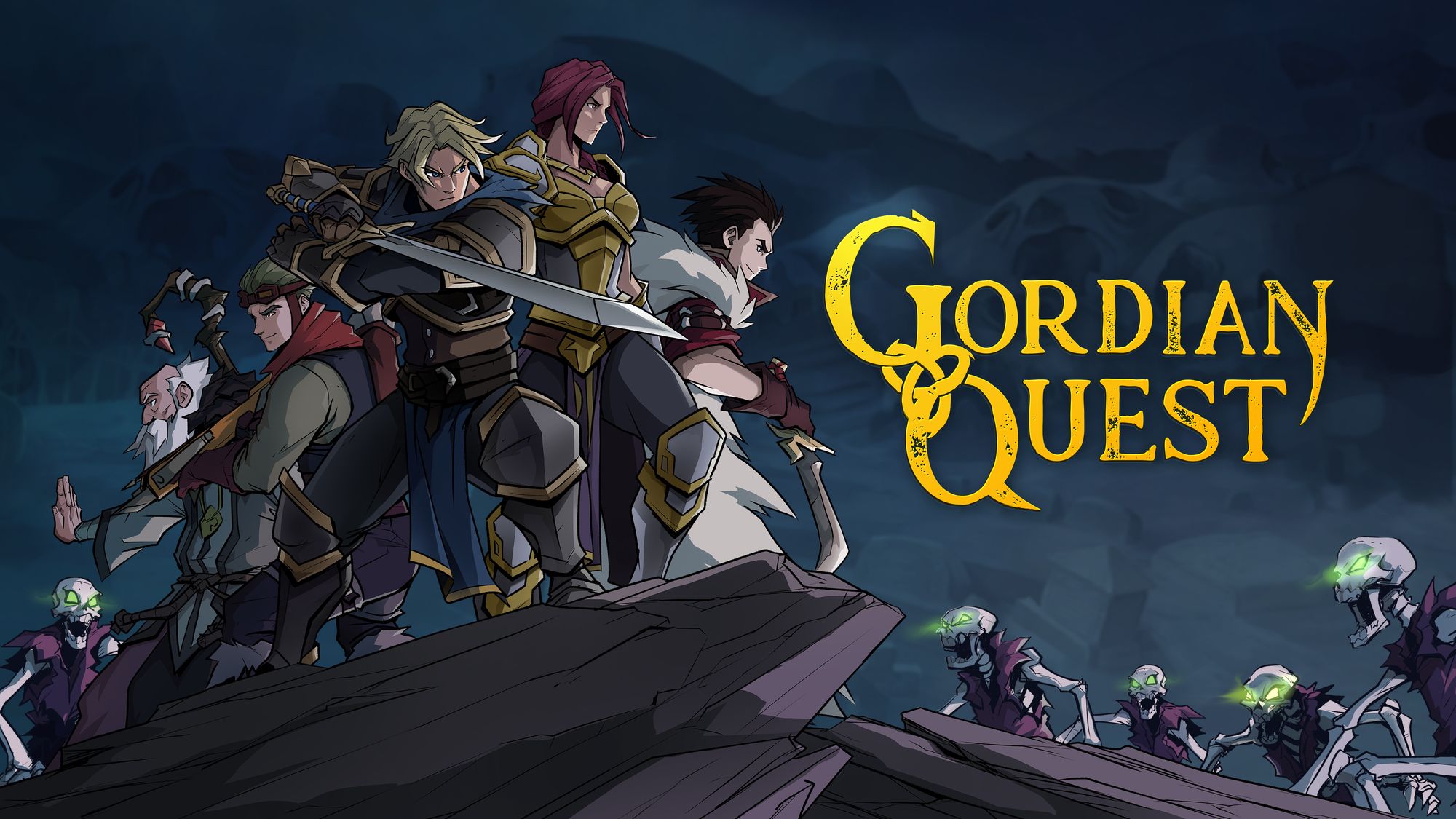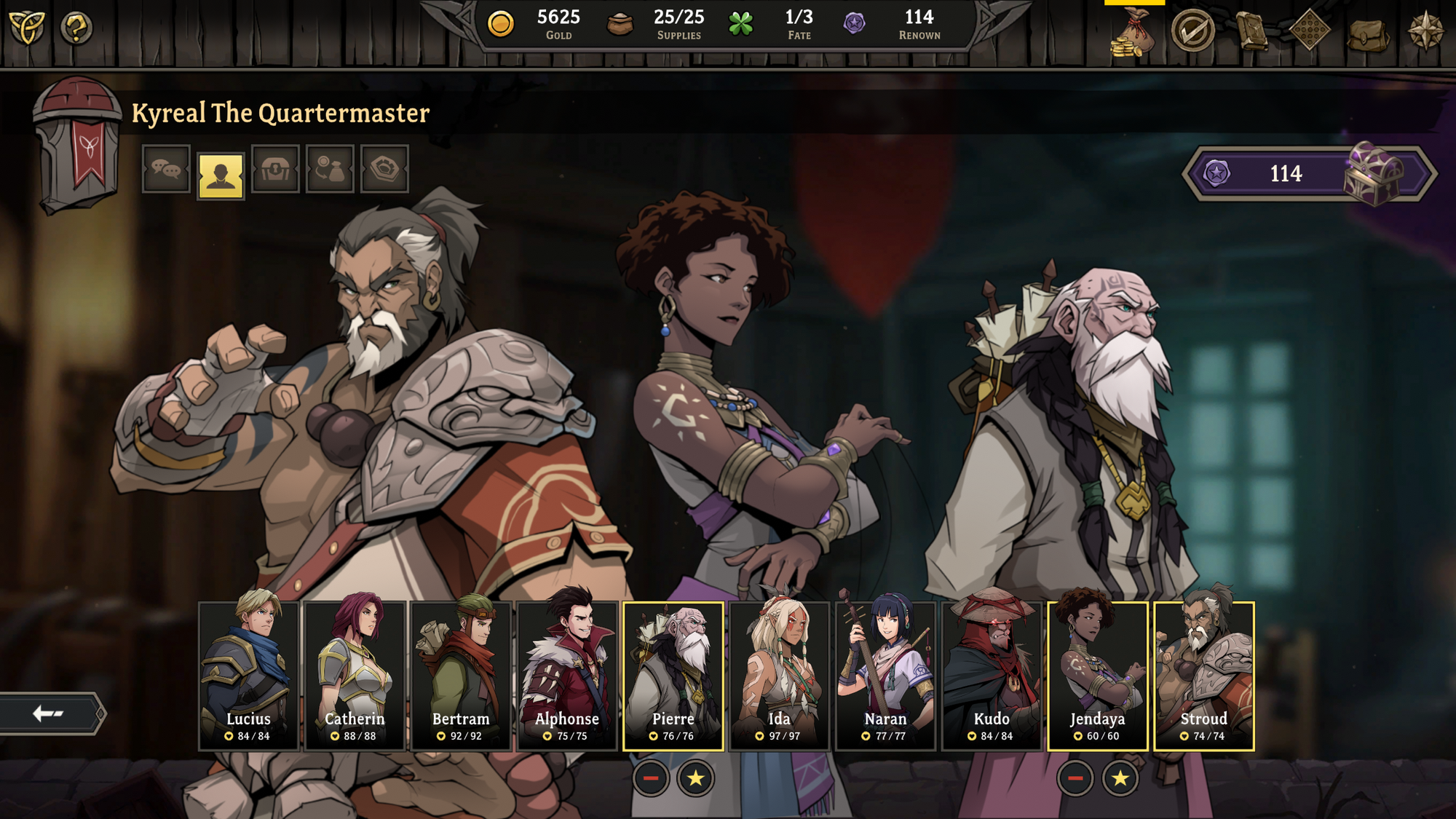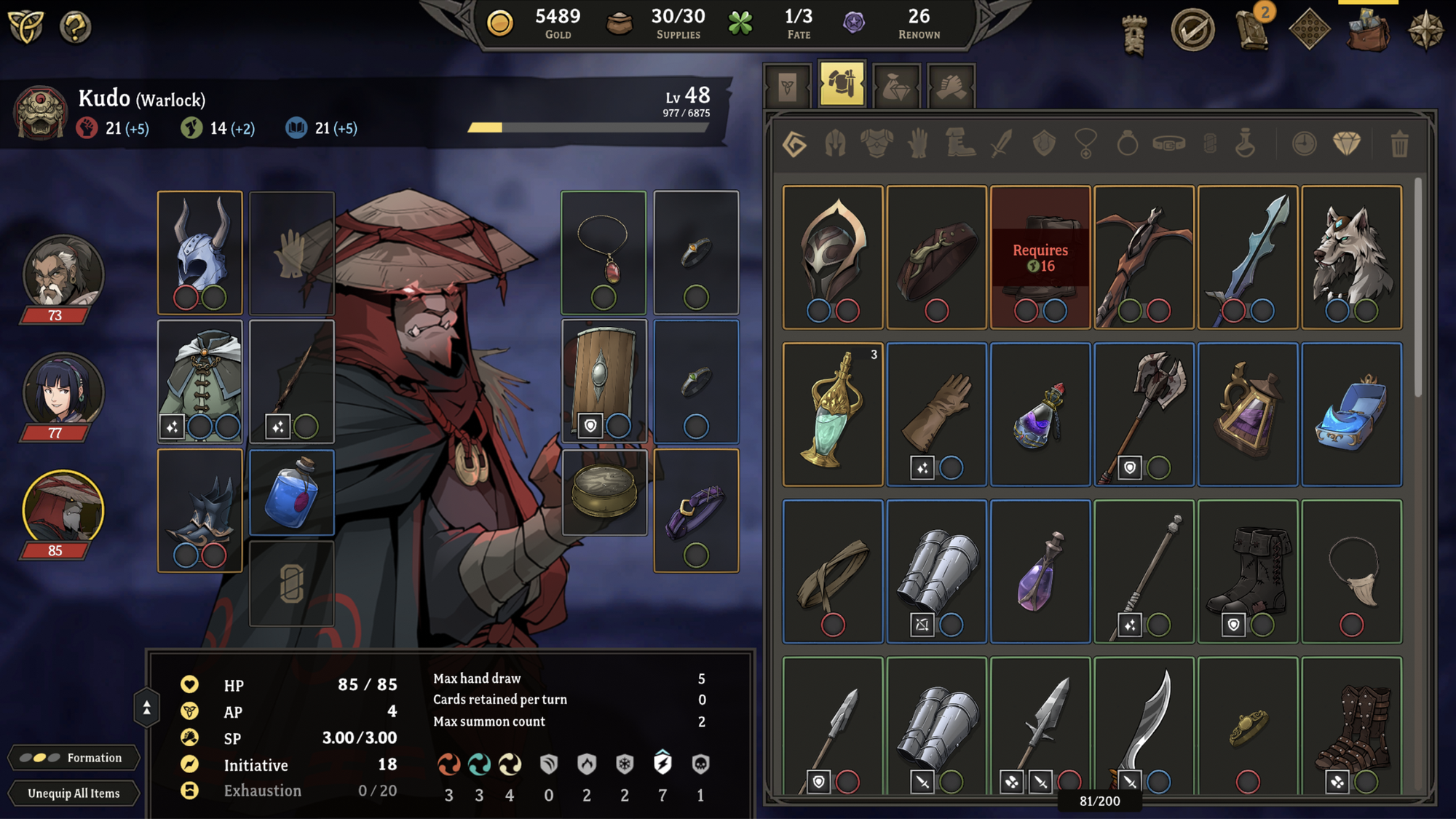Gordian Quest Is A Great Place To Start Your Deckbuilding Journey
A unique deck builder that lets players create the gameplay experience they want

Considering how omnipresent the genre has become, it may be hard to believe, but not everyone likes a rogue-like. Or even a rogue-lite. Nor do they care about the difference, or why there is one. If you are one of these people who hesitate at the sight of a run-based game but want to check out the flourishing roguelike deck builder genre, I have a game for you - it’s called Gordian Quest and it has recently been released in 1.0 after two years in early access.
Gordian Quest, from Singaporean developer Mixed Realms, falls into the broad category of the roguelike deck-builder, which features games such as Slay the Spire and Monster Train. What sets Gordian Quest apart from these games is its beefy, four-act, DnD-inspired campaign that can be adjusted to be as welcoming or as punishing as you like. While there is a standard run-based mode that more closely follows the formula laid out by Slay the Spire, as well as a PvP mode, the main draw here is the campaign.

In the beginning, you will pick one of ten characters that round out the full roster of DnD archetypes - knight, rogue, mage, druid, you get the idea. Each character has a selection of starter decks that pull from the three sets of cards that make up the three directions you can take your character as you level up and add to your deck. There’s also the full complement of classic RPG stats and gear, including strength, dexterity, and intelligence abilities that you will need to clear dice checks.
The game is absolutely stuffed to the gills with mechanics, but they are familiar ones. For the RPG fan, the game sticks to DnD norms, even down to rolling for initiative before each turn of battle. These are combined with many of the standard mechanics found in rogue-like deck builders to provide a really meaty battling system.

Each fight takes place in a three-four lane grid, with the left side containing your three characters, and the right with the enemies. Each character has three action points, plus up to three special points that build up as you play cards. Most cards use action points, but others use special points. You will need to balance attack, defence, buffs and debuffs amongst your trio, and you can do so by developing your characters to fill a particular role.
For example, I started out with Catherin the cleric that I used as a tank up front, protecting and healing my two big damage dealers - Kudo the warlock that dealt status effects such as bleed and burn, and Bertram the deadeye, who was able to power up arrow shots to deal big damage to single targets.
This trio put me in good stead throughout the first act, but when I hit a wall in the second, I was able to easily try out new characters and combinations. This is because the difficulty of the campaign is able to be adjusted on the fly without any penalty. I started on normal, then gradually worked my way up to nightmare by the end of act 1. The main benefit is the amount of renown you earn, which can be used to buy items or artefacts that give permanent bonuses across all modes.
When I hit that wall in act 2, I set the difficulty back down, used my renown to buy tomes that reset characters’ skill points and decks, and started experimenting. You can also choose to increase the difficulty by selecting rogue-lite mode (ends your campaign if you lose a fight) or rogue-like mode (a loss ends your campaign and there’s permadeath).

I really like this approach to difficulty because it allows people who are new to deck builders to do things at their own pace, which can be hard to do in a genre when the often unforgiving rogue-like structure is the norm. Conversely, it allows experienced deck builders to ratchet up the jeopardy to their liking. Gordian Quest’s campaign is a great place for those looking to jump on the deckbuilding bandwagon due to this adjustable difficulty combined with its deep yet familiar battle mechanics.
You’ll be finding card synergies and optimising decks in no time, and from there, there’s an ever-expanding rabbit hole full of roguelike deck builders to go down.